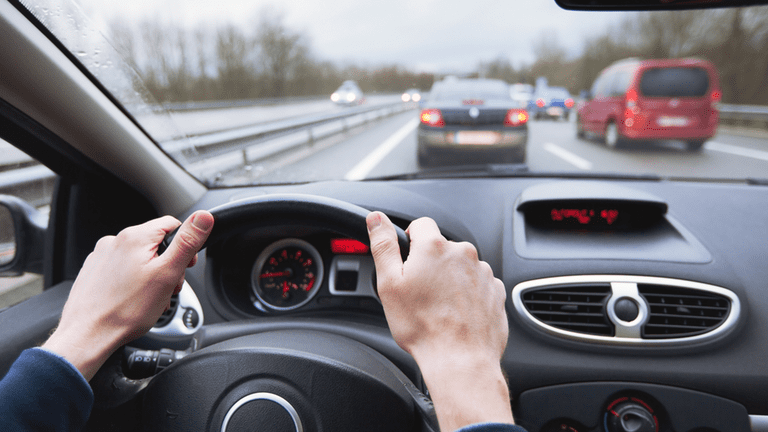Driving is just one of those things that everyone has to do in their daily lives. Some folks love it, and some folks see it as nothing more than a chore. Still, no matter how you feel about cruising down the open road, everyone can agree that drivers should do their best to avoid a breakdown and be prepared just in case something happens. To help you better understand how you can keep yourself and your vehicle safe on the road, here are eight important vehicle safety tips!
Watch Your Gas Light
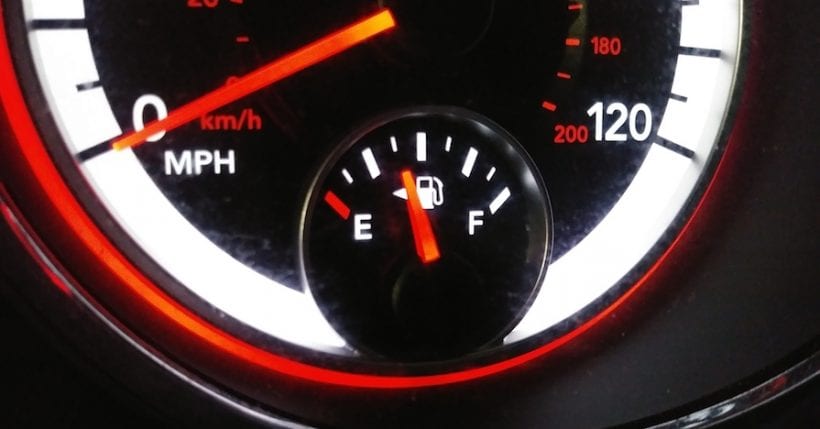
The sheer number of people who end up stranded on the side of the road from running out of gas is truly astonishing. It may seem very obvious, but it’s actually pretty easy to lose track and only notice that your gas is low when it’s too late. Furthermore, you can lose a lot of gas in very little time with a hole in your gas tank. Being stuck on the side of the road opens you up to a variety of dangers. Your chances of being involved in a collision drastically increase, and you’re a sitting duck for robbers, human traffickers, and other slimy characters. To avoid these terrifying threats, fill up whenever you notice that you’re half empty, and check your gas gauge every 15 minutes.
Carry Cones and Bright Vests in Your Trunk
In the event that you break down, you’ll want to be visible. This is extra important at nighttime or in places with a narrow field of view. By wearing bright colors and surrounding your vehicle with reflective cones, you’re more visible to traffic and your tow truck will have an easier time finding you.
Have Your Vehicle Inspected
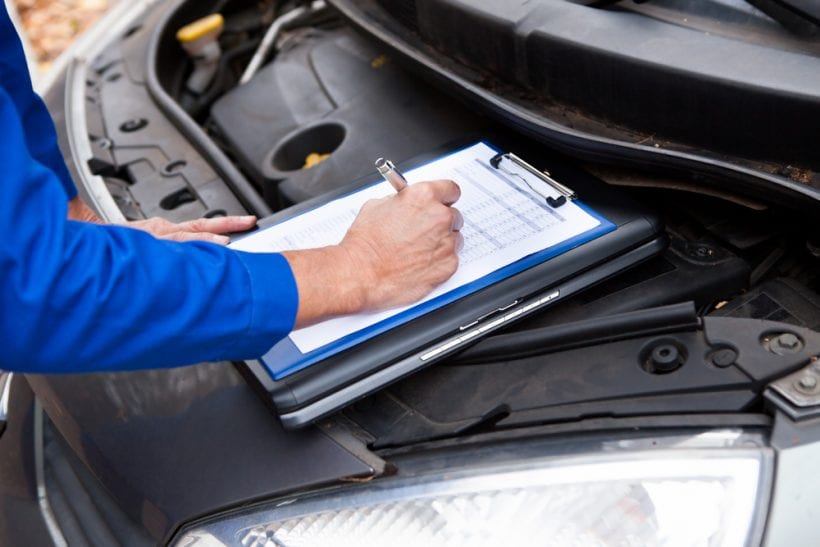
Inspection is the best way to determine whether or not your vehicle is roadworthy. Whether you’re buying a pre-owned vehicle or simply having your personal or business vehicle looked at, you want to know your vehicle’s status, and you want to be certain that it’s roadworthy. If you need some help finding a trustworthy inspector, Asaproadworthys is a great option for quick, thorough, sensible roadworthy inspection.
Pack Jumper Cables
If your battery dies and you don’t have jumper cables, you’re straight out of luck! While your power-loss may be due to an issue with the alternator or another part of your vehicle, there’s a pretty high chance that you just ran out of juice. Having jumper cables on hand means that you can get back up and running much more quickly. Furthermore, if you happen to come across someone whose battery is dead, you are better prepared to help them get out of a rough situation.
Windshield Cracks
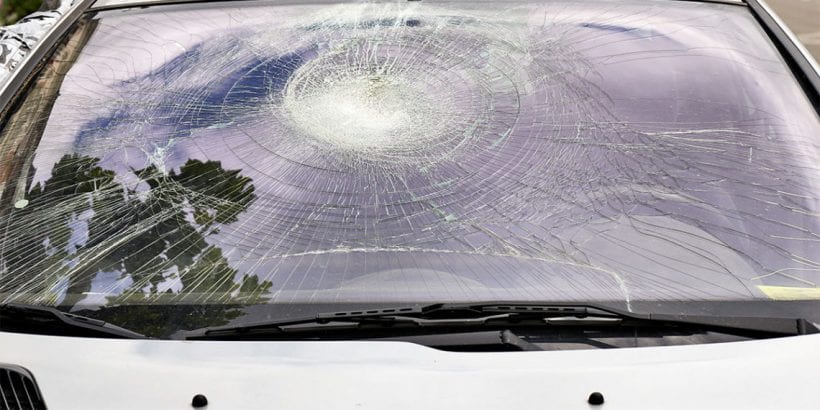
If you notice even the smallest little chip or crack in your windshield, have it taken care of immediately. Once there’s a crack, the structural integrity of your windshield drastically decreases. While it may not seem like a very big deal, something like a small rock or piece of debris can easily damage your windshield, possibly shattering it. Obviously, a shattered or severely damaged windshield costs a fair amount of money to fix or replace, but it’s also extremely dangerous. Imagine driving down the road and suddenly having your face showered with shattered glass!
It can easily get into your eyes and cause you to veer off and hit something. By taking care of your windshield at the first sign of trouble, you’re making an active effort to save yourself money and ensure the safety of you and everyone else on the road.
Get Regular Oil Changes
Each vehicle and manufacturer specifies its own guidelines for lubricant type and oil-change frequency, so it’s important to read the owner’s manual and follow those guidelines by the letter. Obviously, you don’t want to be stranded at the side of the road. On top of that, failure to follow the manufacturer’s guidelines can lead to a seized engine and severe internal damage to your vehicle. If your engine is ruined, your vehicle is basically little more than a pile of scrap. Nobody wants to pillage their budget to buy a new car, and it’s much easier to just get that oil change when it’s due.
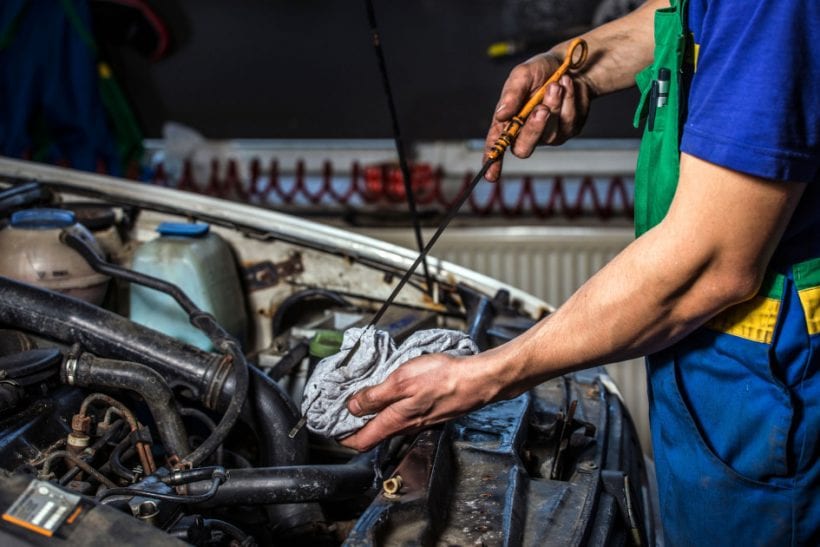
Bring Food and Water
If you’re lucky, your car will break down in a populated area. Unfortunately, it doesn’t always work out that way. If you’re in a remote area, chances are that you’re far from food and water sources, and you may not see another vehicle for hours at a time! In the sweltering heat, you can become severely dehydrated within an hour or two, so by keeping some extra food and water on hand, you’re making sure that you don’t pass out from dehydration before help can arrive.
Charge Your Phone
It’s a lot harder to call for help when you have no means of doing so. In order to receive roadside assistance or emergency services, you’ll need to call for it, and you can’t always rely on passers-by in an emergency. To ensure that your phone is always charged, keep a dedicated phone charger in your vehicle at all times, and plug your phone in whenever you are in the vehicle.

